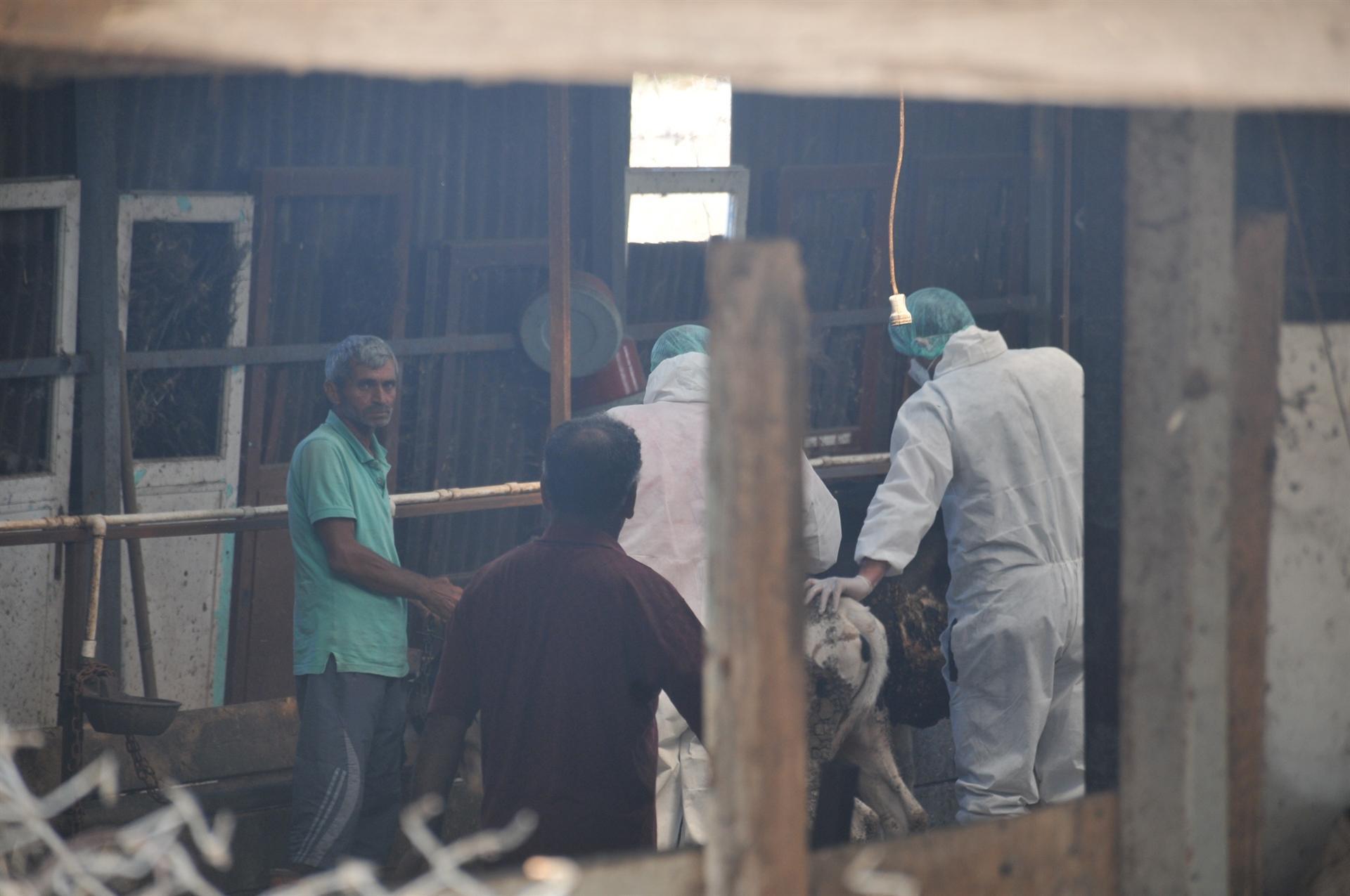Turkey's main opposition CHP warns of ‘more animal diseases’ from lack of import regulations
ANKARA

The main opposition Republican People’s Party (CHP) alleged that the recent anthrax cases in Turkey have emerged from deficiencies in animal import regulations, warning that the process might pave the way for the contamination of other diseases.
“There are risks of diseases other than anthrax. There are risks of many other diseases because regulations in Turkey have been lifted. These animals should be returned to their original countries and their quarantine checks should be redone,” CHP Istanbul lawmaker Ali Şeker told daily Birgün on Sept. 3.
The CHP lawmaker’s statements came after cases of anthrax infections in Istanbul, Ankara and Sivas caused alarm last week in Turkey.
The first case of anthrax was on a farm in Ankara as Turkish authorities have determined that 4,000 animals imported from Brazil were infected after a number of animals died ahead of the “Feast of Sacrifice.”
Following Ankara, around 48 citizens went to hospitals in Istanbul over suspicions of anthrax infections, as six were taken under treatment, the Health Ministry announced on Sept. 2.
Authorities have said the cases have been brought under control as thousands of animals have been vaccinated as a precaution and infected citizens have received necessary treatment.
CHP lawmakers have criticized the inspection procedures in animal imports, warning for “other diseases.”
“Since the necessary inspection and supervision of the animals has not been done, the inspections have been left to the importing companies. The state has a manner of lifting all inspection procedures. Who exercises these permissions is uncertain and then suddenly they are lifted once again,” Şeker said.
The ministry said all animals imported to the country are quarantined at a specific site and tests are run on those animals for 21 days to make sure they do not have any diseases before they are allowed to be sold. The Meat and Milk Institution has assured the public that meat produced on the infected farm or animals are not sold.
Şeker said the animals are not kept in quarantine before being put on the market. He listed several cases of animal infections of different diseases over the course of 2011 to 2017 and said they are related to a lack of import regulations from Poland, Romania, Bulgaria, France, Brazil and Uruguay.
















